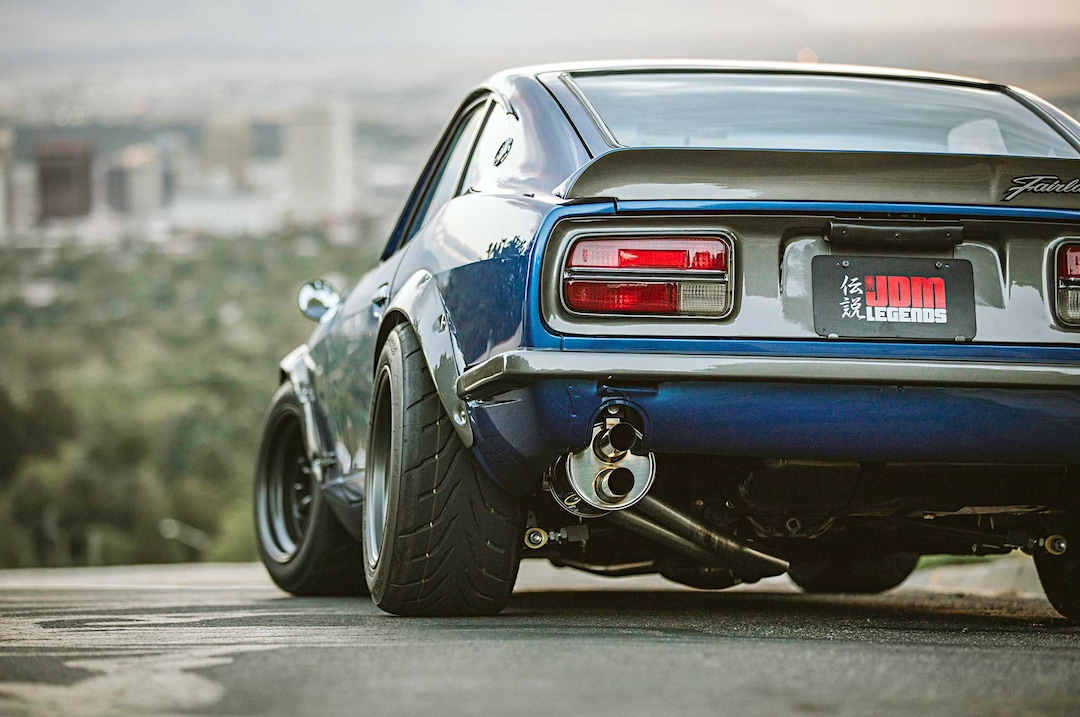Tribute to Yoshihiko Matsuo and the Datsun 240Z Legacy
This week we learned of the sad news about the passing of Yoshihiko Matsuo, the forward-thinking chief designer responsible for the sleek Datsun 240Z. This iconic vehicle not only initiated a highly celebrated Z-car lineage but also signified that Nissan, and more importantly, Japan, was ready to usher in a new era of affordable, user-friendly, and spirited sports cars on a global scale.

The Road to the 240Z Design
As the story goes, the leadership at Nissan requested designers to conceptualize a roadster that could compete with the popular sporty convertibles of the time, such as the MGB and Triumph. However, creating such a design was challenging. At that time, the Japanese automaker focused on producing fuel-efficient vehicles that served basic transportation needs rather than exhilarating driving experiences. They desired a revolutionary design while maintaining a conservative approach, making the task particularly difficult.
Following multiple topless designs, U.S. safety regulations became stricter, demanding a more rigid chassis. Fortunately, this obstacle did not derail the project; a hardtop version emerged, presenting a more robust structure that met enhanced safety standards.

The Iconic 240Z
Working closely with an exceptional engineering team, Matsuo designed a stunning silhouette that became an automotive legend while also delivering commendable performance and handling. The Datsun 240Z, priced at around $3,500 upon its introduction, was a massive success in America—sales skyrocketing from roughly 1,000 units annually to an impressive 4,000 vehicles per month.
Key Features of the Datsun 240Z:
- Sleek and sporty design
- Affordable pricing
- Excellent performance and handling
- Robust chassis meeting safety standards

The Legacy of Yoshihiko Matsuo
While the success of the Z-car was undoubtedly a team effort, Yoshihiko Matsuo deserves recognition for his pivotal role in its design. Known for his innovative and unconventional design strategies, he significantly impacted the automotive industry. He was 87 years old at the time of his passing and leaves behind a legacy cherished by Z-car enthusiasts and aspiring designers alike. His spirit will undoubtedly continue to inspire future generations in the world of automotive design.





